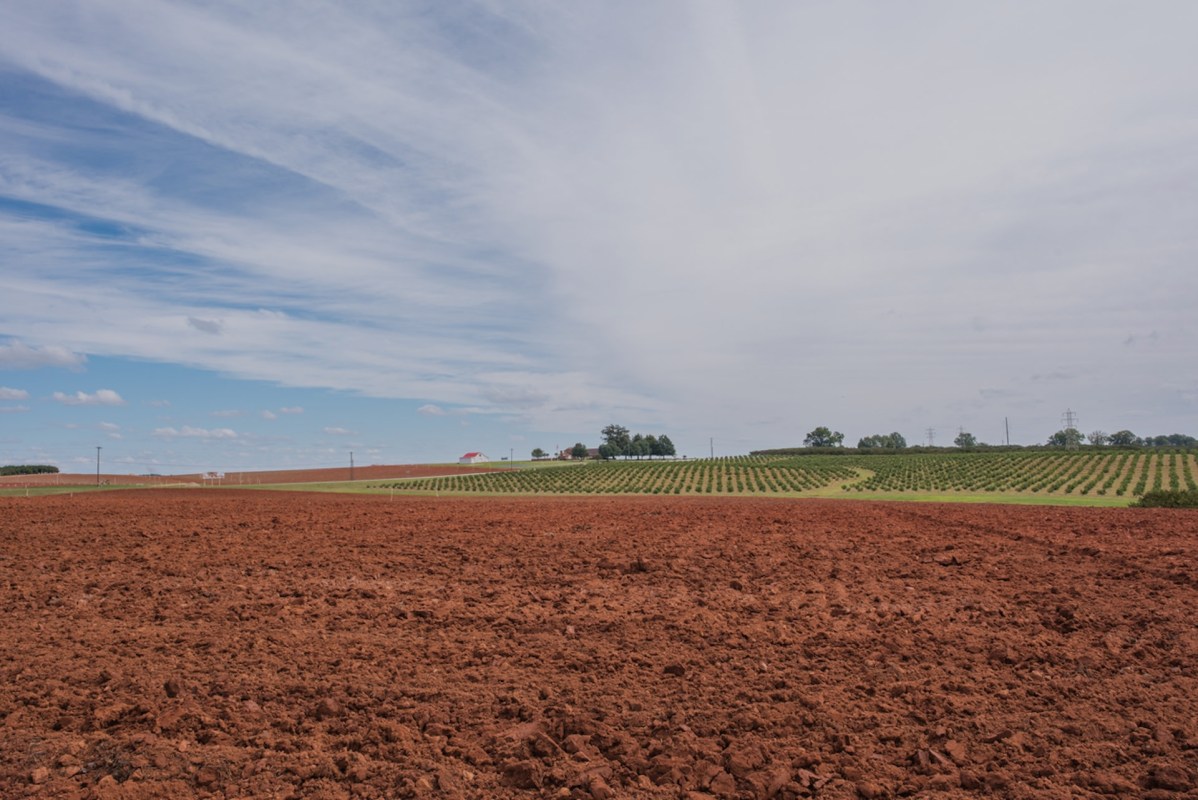Long billed as a cheap fertilizer and irrigant, sludge may, in fact, pose devastating health risks.
In July, The State, based in Columbia, South Carolina, published an investigation that linked the substance to toxic "forever chemicals" in waterways.
What happened?
The South Carolina Department of Health and Environmental Control examined bodies of water for three years and revealed two-thirds of tests contained "one or both of the most common types of forever chemicals, PFOA and PFOS, at levels above a proposed federal standard," The State reported, noting 350 public wells and 18 surface water intake pipes were within a couple of miles of sludge sites.
Forever chemicals, or per- and polyfluoroalkyl substances, are named for their persistence in the environment and have been linked to cancers, endocrine disruption, and immune system suppression.
"Other sludge fields are close to rivers and streams that state regulators have identified as polluted with forever chemicals at levels above the proposed federal limit," The State added.
The outlet reported that the Palmetto State has 80,000 acres of agricultural land approved for sludge use.
Why is this concerning?
"We're talking about cancer-causing chemicals that can get into surface water and, therefore, into drinking water systems or in fish people eat," environmental lawyer Ben Cunningham said. "It's not just that number of acres. It is the number of acres times how many years this has been going on. The multiplication is kind of enormous."
JA Moore, a state representative, told The State that officials haven't been proactive: "It's dangerous that we're not taking this more seriously."
Sewer sludge, also known as biosolids, has been used in the United States for decades, "pitched by utilities and industrial plants — with support from state and federal agencies — as a low-cost way to fertilize and irrigate the land while disposing of waste they generate," The State reported.
In addition to an overpowering stench, sludge may be the source of unregulated contaminants, including forever chemicals. The State cited a 2018 Environmental Protection Agency report that showed sludge contained 352 unregulated contaminants.
TCD Picks » Upway Spotlight

What's being done about sludge?
The State noted Columbia halted a process to spread sludge on land rather than use a more expensive landfill because of the risks.
But DHEC "declined to tighten regulations on sewer sludge this year after hearing complaints from utility officials and some farmers," the outlet reported.
Maine banned the use of sludge in agriculture in 2022, while Dupont and 3M are among the companies that have been punished financially for contaminating water with forever chemicals.
The State pointed out that farmland was not being systematically tested for PFAS pollution, meaning food crops were at risk.
Lawmakers could regulate or prevent PFAS pollution, have wastewater utilities destroy PFAS, or require drinking water plants to filter PFAS, according to The State. For people who rely on well water and other concerned citizens, it pointed to recommendations from the EPA, which include activated carbon treatment.
Join our free newsletter for cool news and actionable info that makes it easy to help yourself while helping the planet.














